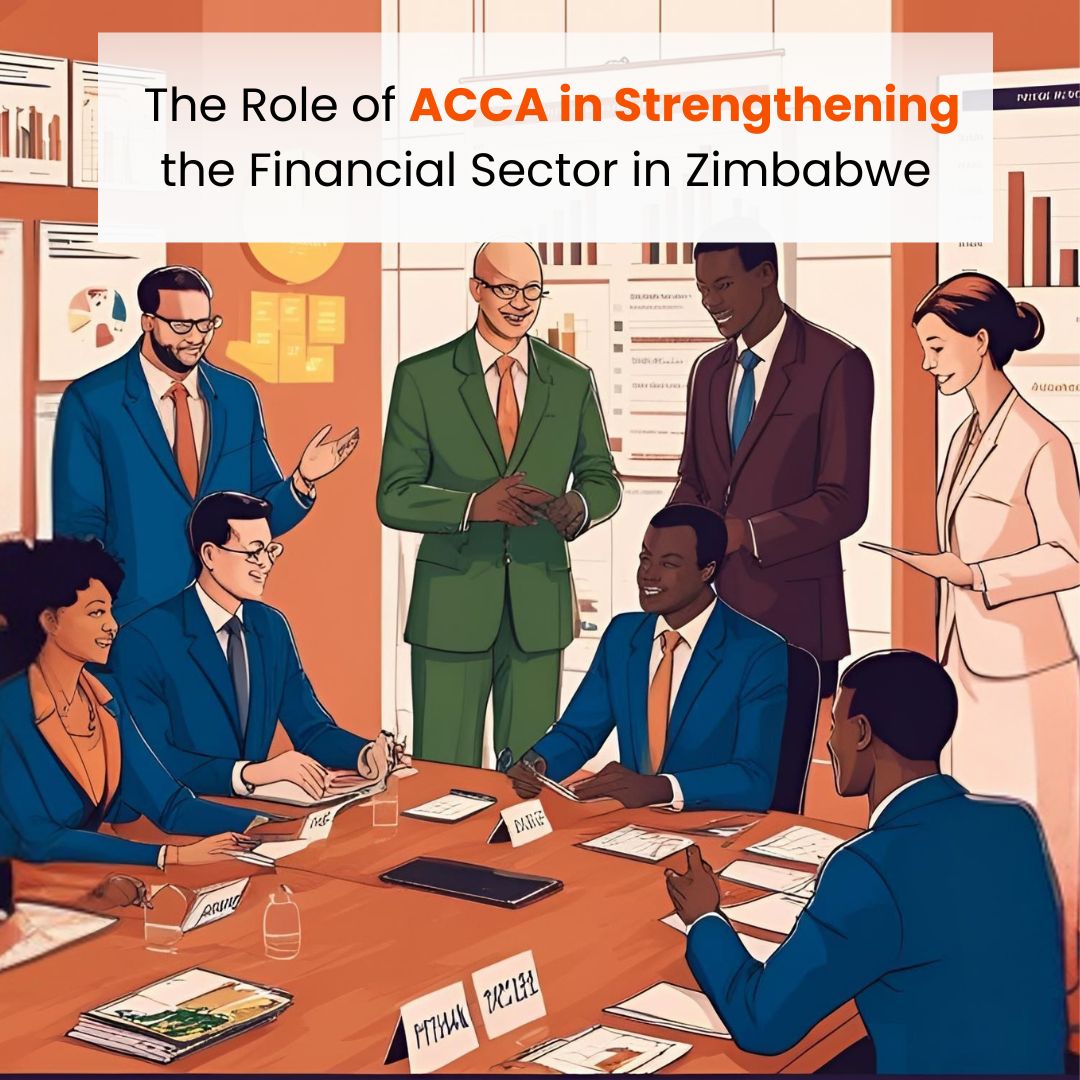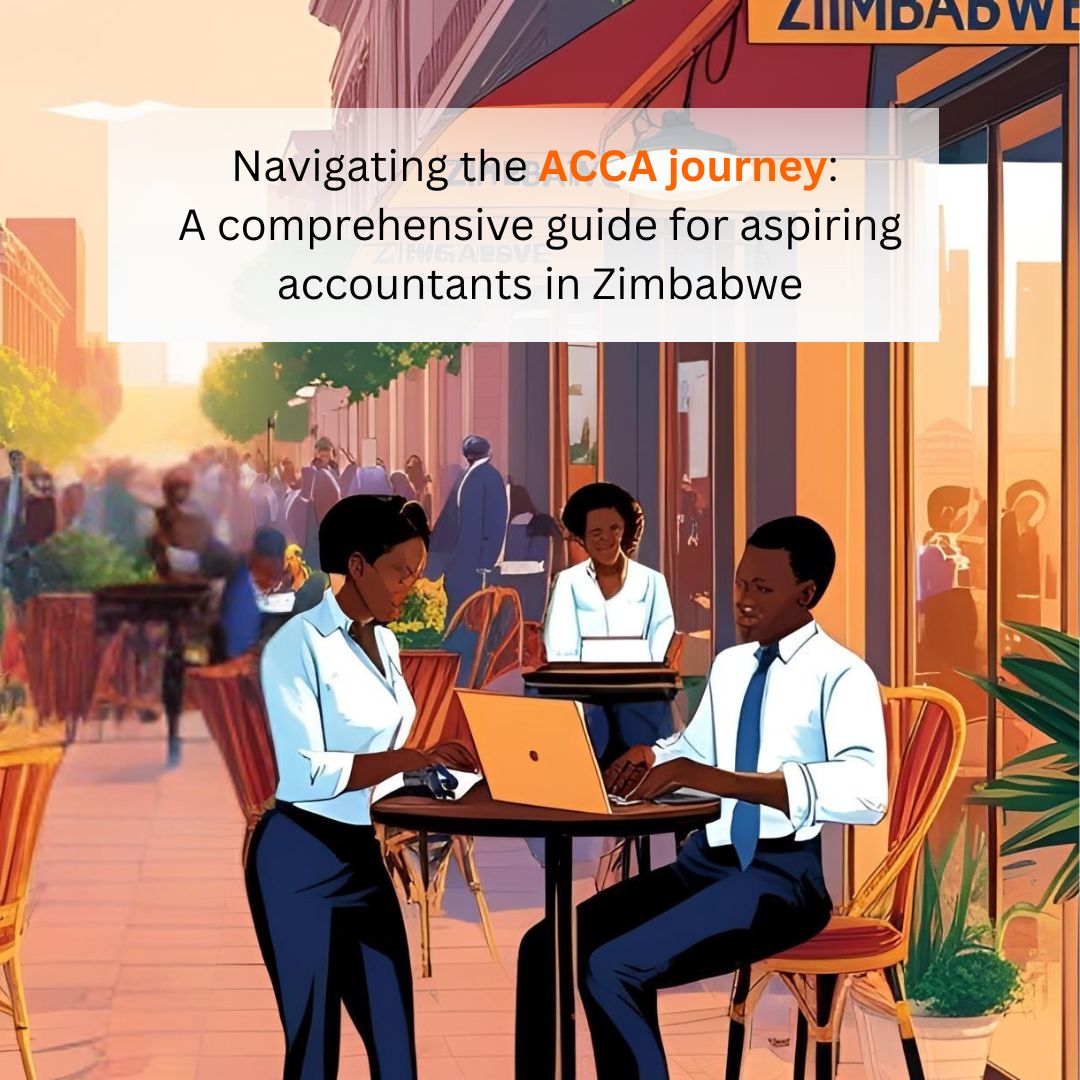Overview:
The world is ever-changing particularly with advancements in technology and digitalization. We are living in an age where there is a need for problem solvers, critical thinkers, and people who can show adaptability when needed.
The integration of artificial intelligence in finance, automation in financial services, and other innovative technologies has revolutionized the industry. To remain competitive, accountants must develop cognitive flexibility, a skill essential for navigating change and solving complex problems efficiently.
This article will explain the significance of cognitive ability in the place and emerging skills of accountants in the digital age.
What is Cognitive Flexibility?
Cognitive flexibility is the ability to shift thinking patterns, adapt strategies, and support new perspectives in response to changing surroundings and environments. It also involves the capacity to bring modification in cognitive approach while facing unexpected challenges, allowing for innovative problem-solving and efficient decision-making.
For accountants, cognitive flexibility is important in adapting to automation in financial services, regulatory changes, emerging innovative technologies, and accounting globally. It build up mental agility in finance. So, professionals can manage complex financial tasks and integrate new digital tools effortlessly.
Importance of Cognitive Flexibility for Accountants
The financial industry is going through a significant transformation because of technological advancements. Accountants must have cognitive flexibility to
- Solve difficult financial problems with creativity in problem-solving.
- Stay updated with industry changes for compliance and efficiency.
- Build communication skills of accountants and improve collaboration with stakeholders.
- Adapt to new accounting software and automation in financial services.
- Develop soft skills in finance that complement technical expertise.
By mastering cognitive flexibility, accountants can remain relevant in an industry increasingly influenced by artificial intelligence in finance and evolving financial regulations.
Key Skills for Accountants in the Digital Age
Accountants must have these skill in order to perform better and standout from others.
Critical Thinking
Accountants must develop strong critical thinking abilities to analyze financial data, assess risks, and make informed decisions. This skills essential for interpreting complete financial information and identifying discrepancies.
Adaptability to New Tools
With the rise of automation in financial services accountants must quickly learn and adapt to new accounting software. AI-driven tools, and digital platforms. This enhances their efficiency and accuracy while doing financial reporting.
Problem-Solving Skills
Effective accountants possess creativity in problem-solving to address financial challenges efficiently. They use cognitive flexibility to explore different approaches and devise innovative solutions.
Awareness of Accounting Tools
Accounting tools help in every way to create ease with the accounting task not only for accounting and ACCA qualified people, but other field related people as well. Tools like quick books, xeros aids in financial planning more accurately than manually. So, accountants must aware with these tools usage during their learning and job.

today!
How to Develop Cognitive Flexibility
Enhancing cognitive flexibility requires consistent effort and an openness to change. Here are some proven methods:
Write down things from people perspective
One interesting way to develop cognitive flexibility is putting yourself in other shoes. Start writing your situation from others people perspectives. This will help in creating adaptability and analyzing your difficult situation in a different way.
Practice Mindfulness
Mindfulness meditation improves focus, reduces stress, and enhances mental agility in finance. By practicing mindfulness, accountants can cultivate awareness, making it easier to shift perspectives and adapt to new situations.
Change Your Habits
Routine changes stimulate the brain, encouraging cognitive flexibility. Simple activities like altering your daily schedule or trying a different approach to problem-solving can help develop adaptability.
Try New Things
Engaging in new experiences, such as learning a foreign language, exploring different accounting methodologies, or using unfamiliar software, fosters cognitive flexibility. Exposure to diverse perspectives enhances problem-solving abilities and adaptability.
Improve Your Emotional Intelligence
For effective communication and adaptability emotional intelligence is needed. Understanding emotions both your own and others helps in solving complex financial negotiations and client relationships.
Engage in Professional Development
Continuous learning is key to continuous professional development for accountants. Attending workshops, obtaining certifications, and staying updated with industry trends enhance skills in finance and improve adaptability.
Conclusion
Accountants in the digital age must exhibit cognitive flexibility in order to understand technological breakthroughs and market shifts. Professionals could guarantee success in the changing financial sector by developing their critical thinking, problem-solving abilities, and adaptation to new technologies.
Implementing tactics such as mindfulness meditation, modifying habits, and increasing emotional intelligence in finance promotes cognitive flexibility in the workplace. As financial services evolve, people that master these abilities will succeed, securing their position as important assets in the sector.
Frequently Asked Questions
How does automation affect accountants?
Automation in financial services streamlines repetitive tasks. Allowing accountants to focus on strategic decision-making nd complex financial analysis.
What are the main skills for accountants in the digital age?
Essential skills for accountants include critical thinking, problem-solving and adaptability to new tools. These skills help in navigating industry changes.
What is cognitive flexibility in finance?
Cognitive flexibility in finance refers to the ability to adapt to changing financial regulations, technologies, and problem solving approaches.
Why is cognitive flexibility important for accountants?
It helps accountants stay relevant in a fast changing industry by enabling them to adapt to new software, changing regulations and emerging artificial intelligence in finance.
How can accountants improve cognitive flexibility?
By practicing mindfulness meditation, changing routines, learning new skills, and enhancing emotional intelligence in finance, accountants can improve their cognitive flexibility.










